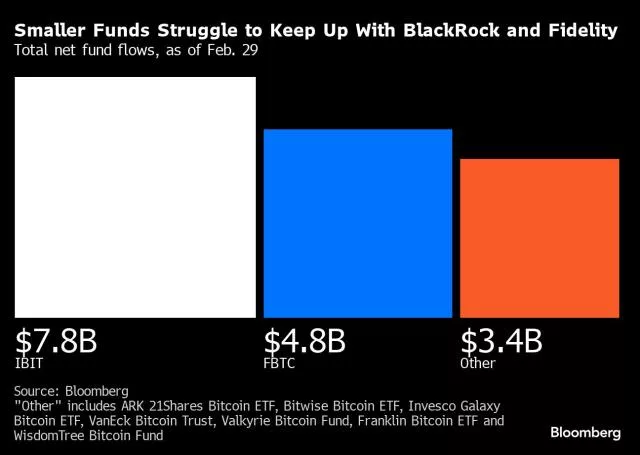Excelling at work but still feeling anxious? This phenomenon, known as the “anxious overachiever,” is increasingly prevalent, especially within corporate cultures that inadvertently fuel employee anxiety. According to Bloomberg Opinion’s Sarah Green Carmichael, leaving such environments isn’t the sole solution.
The current work climate has amplified insecurities among employees due to several factors: the potential of generative artificial intelligence eliminating jobs, widespread layoffs, and the uncertainties brought about by remote work and fluctuating office policies. This has led to a noticeable rise in workplace stress and anxiety post-pandemic, a trend some employers seemingly prefer.
Laura Empson, a professor at London’s Bayes Business School and the author of “Leading Professionals,” highlights the recruitment strategy of top firms that target “insecure overachievers” – talented individuals whose drive stems from a fear of not being good enough. These employees are highly sought after for their self-motivation, dedication, and continuous pursuit of excellence, never ceasing to prove their worth.
These anxious achievers often seek validation through their work, finding solace in the prestige of working for well-known companies. However, their constant need for affirmation and fear of inadequacy can sometimes hinder their performance, leading to perfectionism, unclear priorities, and missed deadlines. Morra Aarons-Mele, author of “The Anxious Achiever,” discusses how this anxiety can be a double-edged sword, promoting outstanding outcomes but also causing self-sabotage.
Individuals who identify with this archetype might experience constant worry about job security despite positive feedback, or believe personal relationships depend on professional success. They may also feel compelled to exceed expectations to justify their worth, often at the expense of their well-being.
However, Svenja Weber, a professor at INSEAD business school, argues that the focus should not solely be on the employees but also on the workplace dynamics that facilitate such stress and anxiety. In environments where success is narrowly defined by short-term results and external validations, being an insecure overachiever becomes a survival mechanism rather than a flaw.
Simply quitting isn’t a straightforward solution for many insecure overachievers, as they tend to recreate the same stressful conditions in new settings. This cycle highlights the need for both individuals and organizations to acknowledge their role in perpetuating these dynamics.
Empson shares an anecdote to illustrate how deeply ingrained these issues can be within corporate cultures, recounting a board meeting where an executive participated during his vacation, ultimately falling asleep due to exhaustion. This incident underscores the difficulty in distinguishing between personal choices and cultural norms.
Empson suggests that individuals can regain control by reframing their perspectives, such as viewing a hardworking colleague as inefficient rather than competitive. It’s also crucial for employees to question their own anxiety-driven standards and assess their performance based on evidence rather than fears.
For a more systemic change, managers, senior executives, and clients need to reevaluate their expectations and practices. Encouraging a work environment that balances high achievement with compassion and support can mitigate the pressures faced by anxious overachievers. This approach involves recognizing the counterproductivity of excessive demands and valuing efficient use of time over overachievement.
Ultimately, fostering a healthier work culture requires a shift towards detachment and a balanced motivation, where self-worth isn’t constantly at stake. While personal and professional lives are inherently intertwined, thriving might be more attainable with a bit of perspective and self-compassion.










